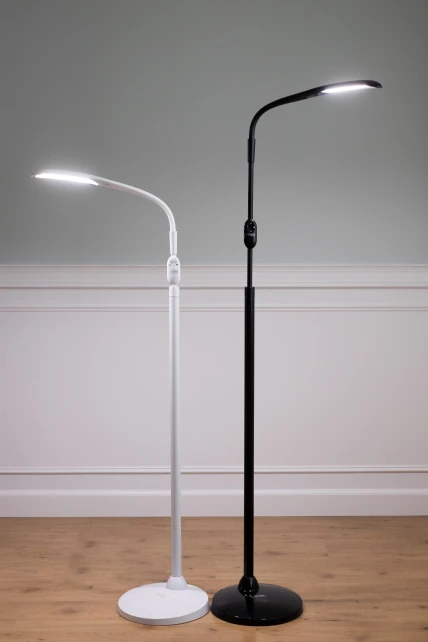
Does Led Lamp Cause Cancer
Share
Recent years have witnessed an exponentially rising use of LED lamps, prompting intense debate regarding potential health impacts - specifically whether or not they cause cancer. Light-emitting diode (LED) lights have gained widespread adoption due to their energy efficiency, longevity and versatility; yet as with any emerging technology there remain numerous unanswered questions concerning its effect on human health.
LED lamps utilise semiconductors that emit different spectrums than incandescent bulbs, producing blue light which has caused studies to express concerns for prolonged exposure; some speculate this blue light may interfere with circadian rhythms and lead to health complications.
LED lamps have recently come under scrutiny due to studies suggesting their potential emittance of low levels of ultraviolet (UV) radiation that increases risk for skin cancer; although some LED lamps may emit such radiation at levels well within safety standards set by regulatory bodies. It is essential that consumers keep this fact in mind when purchasing such lighting solutions.
The World Health Organization and other health agencies have conducted comprehensive studies of artificial lighting, specifically LED lamps. Current scientific knowledge demonstrates that risks from LED lamps are relatively low - their low UV radiation exposure does not pose a significant danger to human health under normal usage conditions.
It's essential to differentiate among various light sources and their associated risks. For instance, LED lamps emit significantly less UV radiation than natural sunlight; thus sun exposure remains more of a risk than indoor LED light use in terms of skin cancer development.
Though health organisations offer assurances of safety, it may still be wise to take proactive steps. Switching to LED lamps with lower colour temperatures could help lower the amount of blue light emitted; this may provide added peace of mind to individuals concerned about potential disruptions to their circadian rhythms.
Conclusion:
Based on current scientific consensus, LED lamps do not appear likely to cause cancer; however, it's essential that individuals remain informed regarding ongoing research and recommendations from health authorities. Responsible usage and moderation should always be prioritized over excessive usage if any individuals have specific health concerns or conditions they wish to discuss with healthcare providers for tailored advice.
